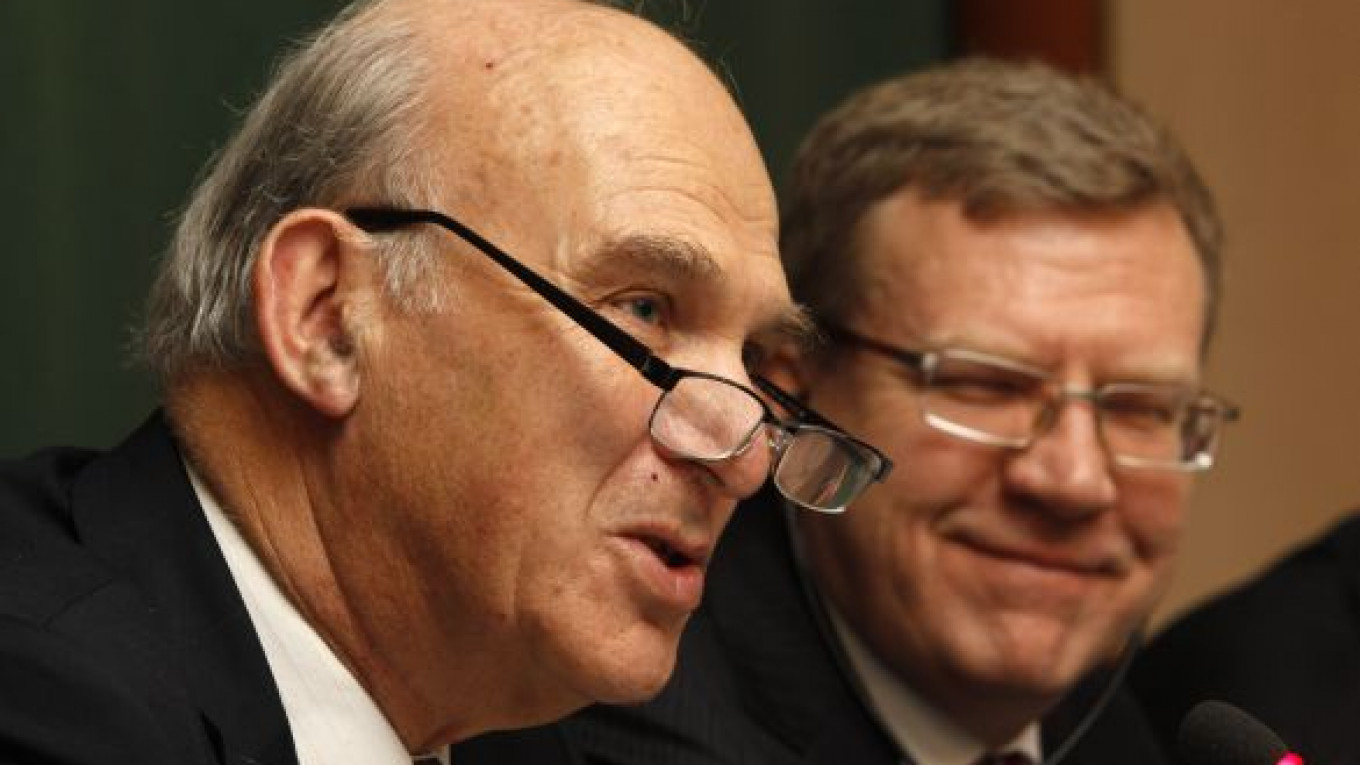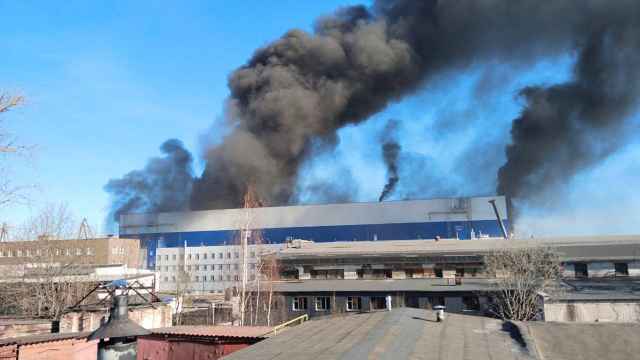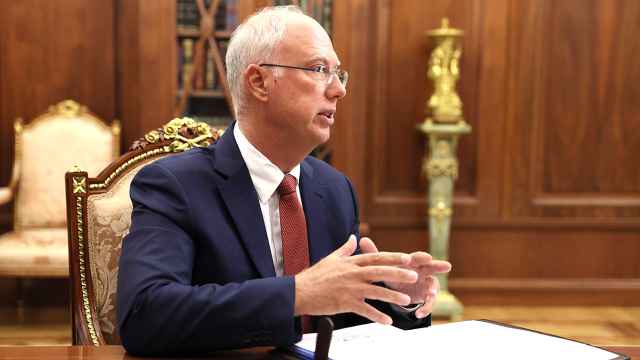Vince Cable, the British Business Secretary, concluded a trade mission to Russia on Friday by co-chairing a meeting with Finance Minister Alexei Kudrin, talks that the minister hailed as a “real breakthrough in our relations.”
Cable said he was “looking forward to seeing our relationship build in future years.”
The talks came as another sign of a general thawing in relations between Britain and Russia and after a meeting between President Dmitry Medvedev and British Prime Minister David Cameron on the sidelines of the G20 summit in Seoul earlier this month.
Kudrin revealed that Russian banks, led by VTB, were actively looking to buy stakes in British financial institutions.
“Our banks, primarily VTB, are interested in buying stakes in large financial companies” in Britain, Kudrin said.
Britain would “welcome” Russian investors, Cable said.
Cable and Kudrin were co-chairing the 8th Intergovernmental Steering Committee between Russia and Britain, a meeting that has been held annually since 2008, following a six-year hiatus. The main issues discussed were financial services, high-technology industry, business environment, energy efficiency, small and medium-sized businesses and sports.
Asked about banking transparency and bankers' bonuses, Cable said after the talks that, “it is necessary that companies should be open so that shareholders can hold them to account.” Kudrin added that governments, which had been forced to intervene during the financial crisis to save many financial institutions, were in a position to compel greater disclosure in banks.
“During the crisis, only with state support were we able to stabilize the situation with the biggest financial institutions,” Kudrin said. “Since such help is necessary, then we can ask about the principles of transparency and major expenses.”
Cable said Britain has “a lot of serious issues with our banks,” including disclosure of high-earning bankers’ incomes. “It is right. It is necessary that companies should be open.”
Banks are under scrutiny from governments worldwide to reduce compensation in response to public anger about bailouts of lenders during the financial crisis. Cable told BBC Radio 4 earlier today that he was examining whether to force listed companies to review the pay of high earners.
Morgan Stanley senior adviser David Walker last year told the British government that banks should disclose the number of individuals who earn more than £1 million ($1.6 million). A better way of achieving the same goal may be rules that cover all companies, according to Cable.
“We will also adopt this in Russia, such principles of responsibility and transparency, especially at banks with state participation,” Kudrin said.
Cable said he had had a “long and deep discussion” on Skolkovo, Medvedev's high-tech innovation center, while in Moscow. He refused to name British companies with a concrete interest in investing in the project, saying only that Russia and Britain have a “wide collaboration in the technology field.”
“Skolkovo is one of the ways to realize this, but not the only one,” he said.
He added that the issue would be further addressed by the visit of his British Cabinet colleague David Willetts, the minister for universities and science, to Russia later this year.
Cable was also keen to stress Britain's position to help Russia.
“We've been a market economy for hundreds of years, not just 20,” he said, advising that the best way to stimulate the small and medium-sized businesses that really drive economic growth was “to get rid of bureaucracy and red tape.”
A Message from The Moscow Times:
Dear readers,
We are facing unprecedented challenges. Russia's Prosecutor General's Office has designated The Moscow Times as an "undesirable" organization, criminalizing our work and putting our staff at risk of prosecution. This follows our earlier unjust labeling as a "foreign agent."
These actions are direct attempts to silence independent journalism in Russia. The authorities claim our work "discredits the decisions of the Russian leadership." We see things differently: we strive to provide accurate, unbiased reporting on Russia.
We, the journalists of The Moscow Times, refuse to be silenced. But to continue our work, we need your help.
Your support, no matter how small, makes a world of difference. If you can, please support us monthly starting from just $2. It's quick to set up, and every contribution makes a significant impact.
By supporting The Moscow Times, you're defending open, independent journalism in the face of repression. Thank you for standing with us.
Remind me later.






